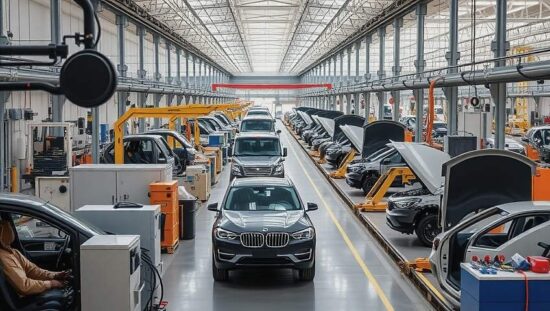Ahead of a high-level automotive summit with European Commission President Ursula von der Leyen in Brussels, Schaeffler board member Matthias Zink is advocating for a relaxation of CO2 regulations for internal combustion engines, coupled with extensive government support for electric vehicle (EV) adoption.
Speaking to business magazine Capital, Zink emphasized the need for “a consistent, well-considered promotion” that is “across the board, spanning from south to north and east to west”. He argued that current structures are insufficient, particularly regarding the development of charging infrastructure, grid capacity and electricity costs, especially for rapid charging. Zink, who heads Schaeffler’s powertrain division and also serves as President of the European automotive suppliers association (CLEPA), stated that the complexity of the EV ecosystem has been underestimated, leading to hesitancy among consumers choosing fully electric vehicles.
The summit, a “strategic dialogue” convened by von der Leyen, will focus primarily on the existing CO2 regulations for combustion engines. Industry representatives are reportedly united in their opposition to a complete phase-out of petrol and diesel vehicles by 2035. Zink noted a level of agreement rarely seen between manufacturers and suppliers, a result of the current crisis facing the automotive industry.
While the sector has invested heavily in EV technology, production is not progressing as planned, with some projects experiencing delays. Zink highlighted the burden of fixed costs, exacerbated for smaller, regional companies across Europe, from countries like Italy, Spain, France and Germany. He clarified that the industry is not inherently against the shift to electric vehicles; rather, concerns center on the optimal path forward. He questioned whether current EU Commission framework conditions effectively facilitate a transition, seeking to build a bridge utilizing existing technology to reach the electrification goal.





